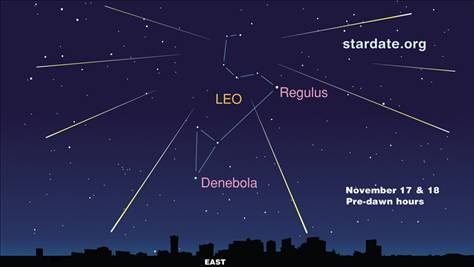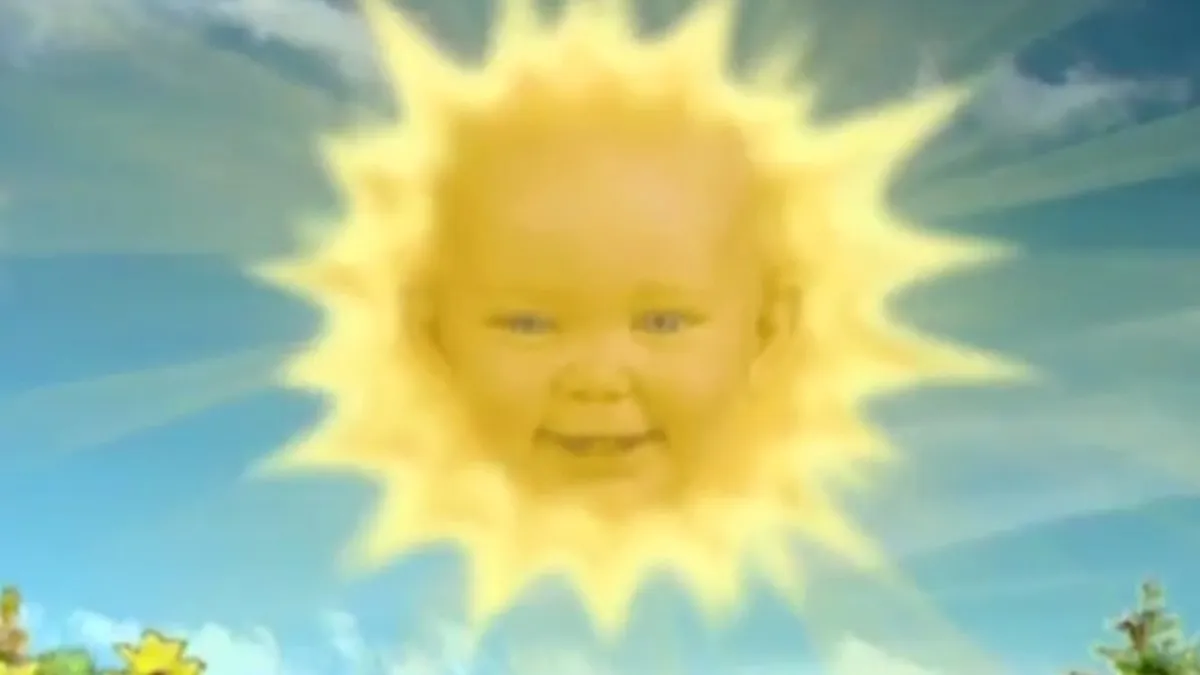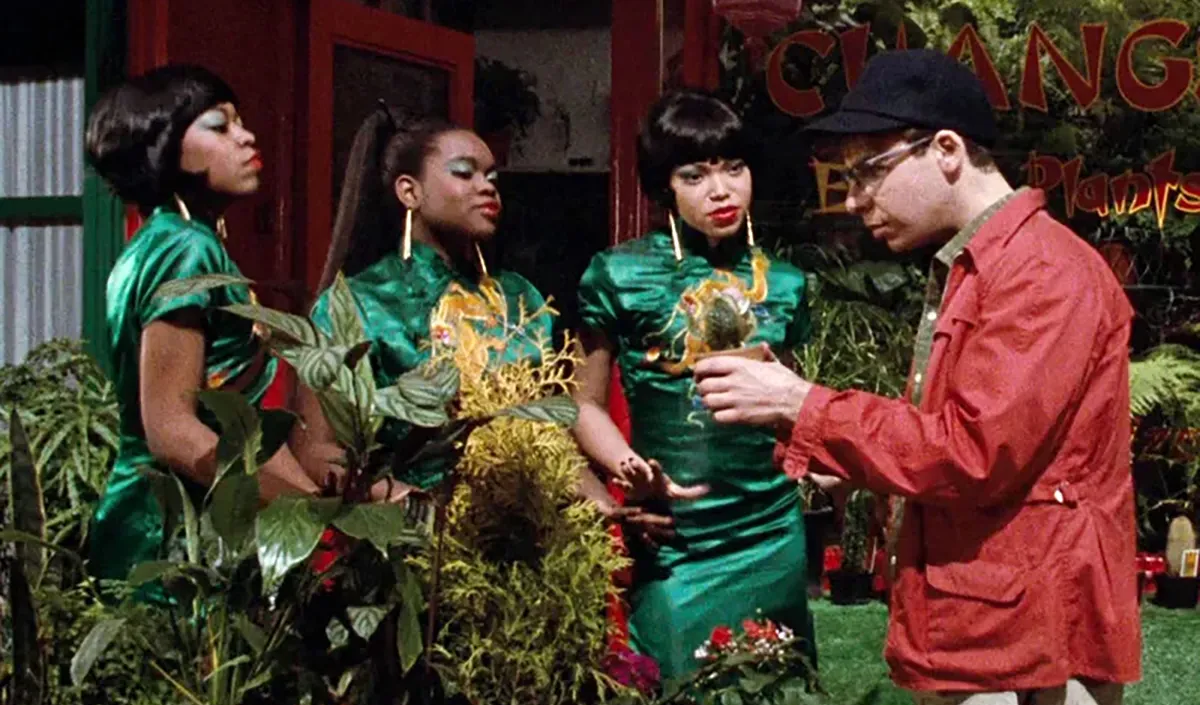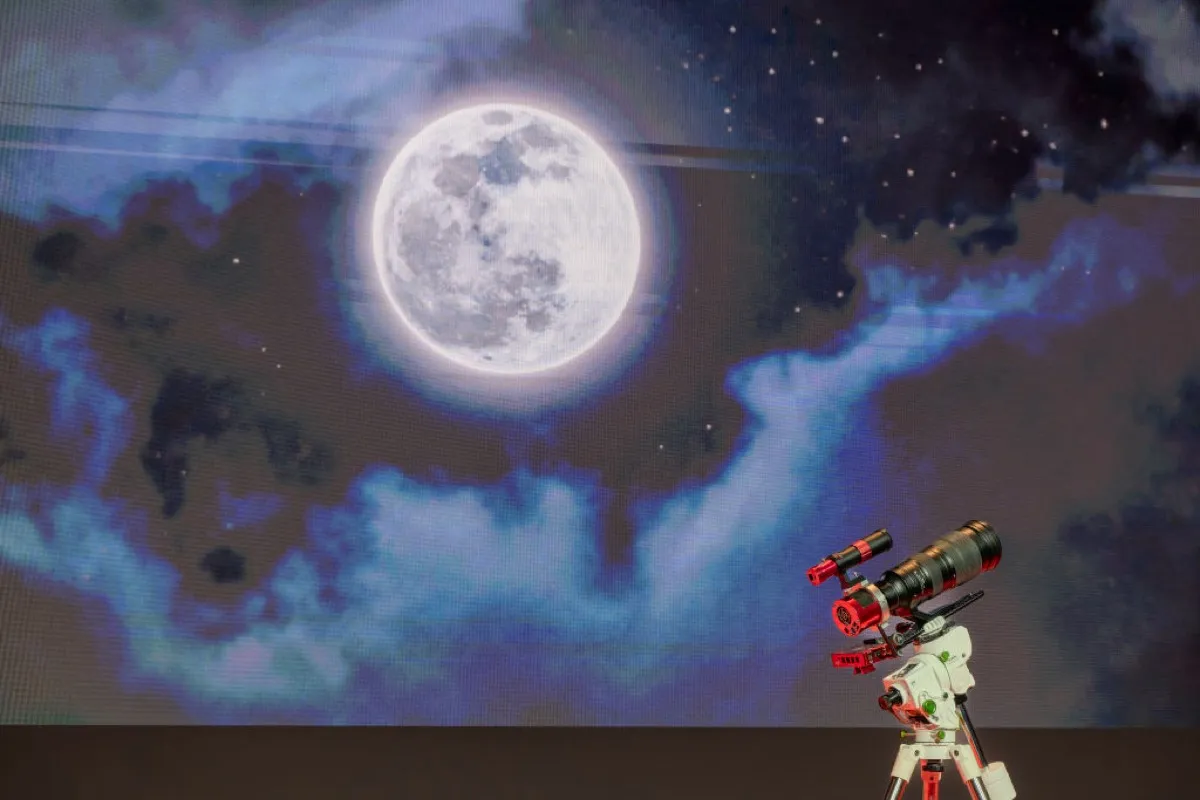The span of time from tonight until predawn tomorrow marks the peak of the Leonid meteor shower, which occurs every year in mid-November due to the activity of the comet Tempel-Tuttle.
According to Space.com, the best time to watch the meteors is “in the last two or three hours before sunrise, when the moon has set”: “‘From the time of moonset until around 5:15 a.m. when the first streaks of dawn begin to appear in the east the sky will be dark and moonless,” advises Joe Rao, Space.com skywatching columnist. “That interval will provide you with your best opportunity to see any Leonid meteors.'” You can use this TimeAndDate calculator to determine when moonset occurs where you live; it’ll most likely fall around 3am.
A few other useful meteor-watching resources:
*NASA’s Fluxtimator is a Java applet that graphs the expected shower rate to help you find the best time to watch the Leonids in your area; it also shows you the difference between city, suburban, and country viewing. (If your graph isn’t automatically showing the Leonids, they’re #13 in NASA’s menu of showers.)
*This sky map from stardate.org highlights the best places in the sky to look for the meteors.

*Lastly, check out Phil Plait’s helpful 12-step guide to meteor watching, written on the occasion of the Perseid meteor shower a few Augusts ago, but still relevant here. tl;dr: Be patient, dress warmly and set up comfortably, and camp out such that you see a wide open sky with a view to the east.
(h/t Bad Astronomy. title pic via Wikipedia)








Published: Nov 17, 2010 12:55 pm